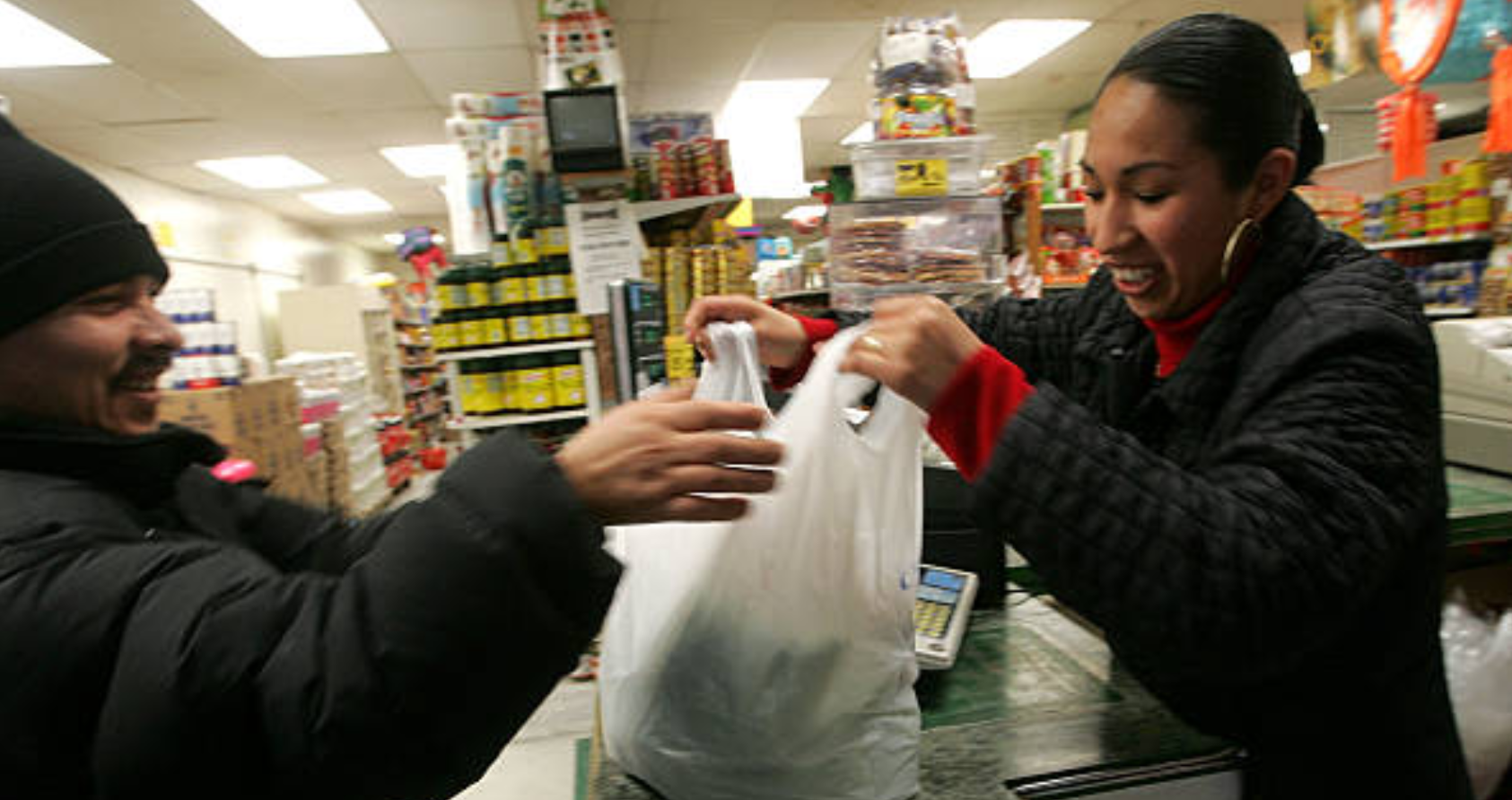
Plastic bags
Recent research examined the aftermath of environmental regulations aimed at reducing single-use plastic bags in Austin and Dallas, Texas. These policies had been repealed, but led to unexpected outcomes that have since challenged their effectiveness. A study in the Journal of Marketing Research, co-authored by UC Riverside professor Hai Che, found that plastic bag sales increased after the regulations ended, suggesting consumers opted for more plastic rather than less.
In this gallery, we take a closer look at the studies findings, as well as a similar case in California.

Has surged to record levels
In August, a Los Angeles Times editorial called for a reevaluation of California’s plastic bag ban, which had inadvertently increased plastic waste. The ban, enacted in 2016, replaced single-use bags with thicker reusable totes that are often discarded after one use and are not recyclable. As a result, plastic bag waste in California has surged to record levels.
Allowing thicker bags to be sold for a fee
A California study exposed the unintended consequences of the ban, revealing that the loophole allowing thicker bags to be sold for a fee led to increased waste. In 2014, California disposed of about 157,385 tons of plastic bag waste, but by 2022, the figure had risen to approximately 231,072 tons, marking a nearly 50% increase.
Plastic or paper products
In Texas, Che stated, “We were hoping for positive spillover effects, like customers will be more environmentally conscious and consume less one-time use plastic or paper products.”
People wound up buying more plastic
Che added, “But that’s not what happened in the data. People wound up buying more plastic.”
Lasted five months
The Dallas City Council enacted a 5-cent fee on single-use bags in 2015, which lasted five months before being repealed due to legal challenges. After the ban lifted, plastic bag sales dropped but returned to pre-policy levels within 13 months. Meanwhile, the Austin ban lasted from 2013 to 2018 and left purchases 38.6% above baseline even after repeal.
Might still benefit the environment
Che stated, “Interestingly, even a slight reduction in grocery bag use can offset the increased plastic consumption from trash bags. This suggests that these policies might still benefit the environment overall, even when repealed.”
Environmental impact
Researchers conducted a break-even analysis to evaluate the net environmental impact of the policies. They determined that to offset increased trash bag consumption, Dallas consumers would need to forgo one grocery bag every seven trips, while Austin consumers would need to do so every five trips.
Health incentives
Che said, “While our study focused on plastic bags, similar spillover effects have been documented in policies targeting sugary drinks, energy efficiency, and health incentives.”
Primary goals
Che added, “In each case, behaviors that weren’t directly targeted by the policy—like purchasing more sugary snacks when soda is taxed—can offset or even undermine the policy’s primary goals.”

